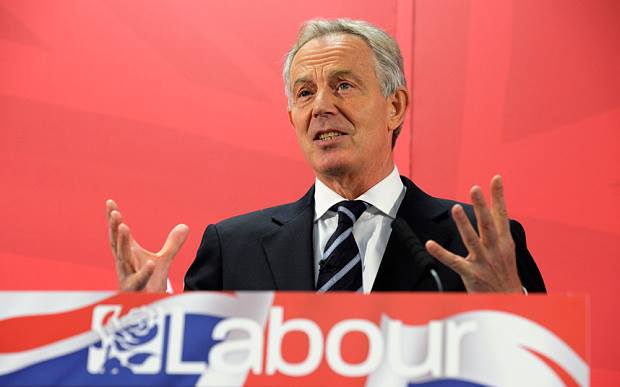If you don’t have time to read Suffragio‘s latest update on the chances of Greek elections, here’s an easy framework to think about the endgame for Greece and EU leaders:![]()
1. The central dilemma for Greek prime minister Alexis Tsipras and his SYRIZA-led government is that the Greek electorate wants both (a) Tsipras to continue to engage in high-stakes brinkmanship with the European Union and Greece’s lenders to get a better deal on Greek debt and (b) to remain in the eurozone, and this is an untenable position for Greek voters to take, given the facts — even if you believe that the austerity measures taken pursuant to Greece’s two bailouts were unjust and injurious to the Greek economy.
2. The trickiest question now is when Greece and the Eurogroup will reach a ‘brink’ moment where there’s no going back, which could be triggered by any sort of financial, political or other factors.
3. If Tsipras calls fresh snap elections before the ‘brink’ moment, it could make a final deal on Greek debt even harder because Tsipras might easily win a stronger mandate from the Greek electorate, especially if Greek voters don’t fully realize the inconsistencies of point (1) above (and, by the way, Tspiras will have no political incentive to clarify them).
4. If the ‘brink’ moment comes before any fresh elections, Tsipras will have to choose between (a) making a deal with the Eurogroup, which will cause SYRIZA to crumble one way or another (though not necessarily Tsipras if he’s politically talented enough to emerge as the leader of whatever center-left entity emerges from the collateral damage) or (b) returning to the drachma, probably on an involuntary basis when Greece can’t meet its obligations.
Call option 4a the ‘Cyprus 2013’ option.
Call option 4b the ‘British Black Wednesday 1992’ option on steroids.
Both will be painful.
Economist Tyler Cowen, over at Marginal Revolution, has taken to calling Greece’s new government the ‘Not Very Serious People,’ riffing off a term familiar to Paul Krugman’s readers. But put aside all the smoke over the personalities (of course Wolfgang Schäuble and Yanis Varoufakis hate one another) and the smokescreen over reparations and the possibility of a last-minute loan from Moscow (or Beijing), and what you’re left with is the conclusion that Tsipras and his government have some Very Serious decisions to make soon.

